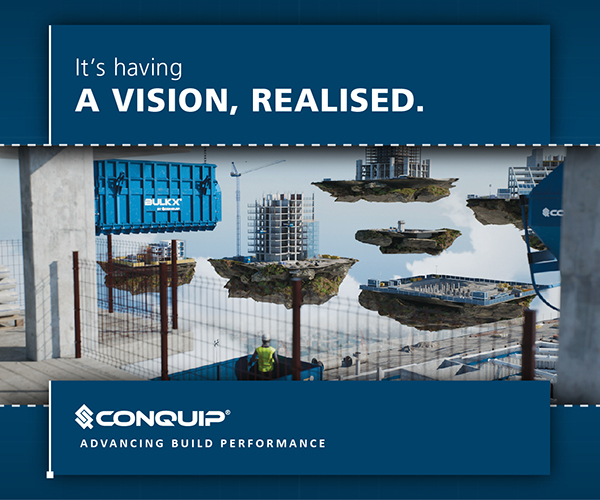The report by Amnesty says that the company took advantage of the country’s notorious sponsorship system to exploit scores of migrant workers. “The company, Mercury MENA, failed to pay its workers thousands of pounds in wages and work benefits, leaving them stranded and penniless in Qatar,” says Amnesty.
It is calling for the Qatari government to ensure former Mercury MENA employees receive the money they earned, while ensuing there are fundamental reforms to the ‘kafala’ sponsorship system that allows companies in Qatar to exploit migrant workers. Reforms were announced recently (link opens in new tab).
Between October 2017 and April this year, Amnesty interviewed 78 former Mercury MENA employees from India, Nepal and the Philippines, all of whom are owed substantial sums by the company, it said. In Nepal, where more than a third of the population lives on less than £1.50 a day, Amnesty interviewed 34 people who are owed, on average, around £1,500 each.
Amnesty is calling on the Nepal and Qatar governments to support the former Mercury MENA workers to get justice and receive the money they’re owed, and to take steps to prevent similar cases from arising in the future.
Last November, Amnesty spoke to the CEO of Mercury MENA who acknowledged long-standing pay delays but denied exploiting workers. He said that Mercury MENA had been the victim of unscrupulous business partners resulting in “cashflow problems” and a number of disputes over payments with contractors and clients. Amnesty said that documented communications between Mercury MENA and its workers show that the company’s management were fully aware of the problems with salary payments, and continued to make promises to pay wages that were ultimately not kept. Amnesty sent further emails to Mercury MENA’s CEO in December and January requesting information about their situation and what actions they were taking, as well as a letter in July summarising the key points of our investigation. There has been no further response.
Amnesty’s report says that migrant workers employed by the company have worked on some of Qatar’s most prestigious projects, including the ‘Future City’ of Lusail which will host the opening and closing games of the World Cup.
Amnesty’s research found that there were delays with Mercury MENA paying salaries from approximately February 2016 onwards, and that delays became more persistent and remained unresolved in 2017.

Ernesto, from the Philippines, worked as a piping foreman for Mercury MENA in Lusail City, a £34bnbn project. When he left Qatar after two years he was owed four months’ wages and was in greater debt than when he arrived. He told Amnesty: “I’m imagining things during [the World Cup] …People from all over the world cheering, laughing, touring some of the beautiful stadiums, recreational sites and hotels here … Will they ever think ‘what are the stories behind those structures?’”
Steve Cockburn, director of global issues at Amnesty International, said: “Many Mercury MENA employees had made huge sacrifices and taken out ruinous loans to take jobs in Qatar. They ended up working unpaid for months on end and were let down by a system which failed to protect them.
“By ensuring they get the wages which they are owed, Qatar can help these migrant workers to rebuild their lives and show that it is serious about improving workers’ rights. In 2017 the Qatari government was applauded after announcing a programme of labour reforms. But even as this agreement was being signed, scores of Mercury MENA employees were stranded without pay in squalid accommodation, wondering where their next meal would come from and if they’d ever be able to return home to their families.
“There is a major opportunity for Qatar to transform its record on workers’ rights ahead of the 2022 World Cup, and providing full compensation to Mercury MENA’s workers would be an important sign that the authorities are willing to grasp it.
“Sadly, the exploitation of migrant workers by Mercury MENA is not an isolated case. We will continue to pressure the Qatar authorities until promises of overhauling the sponsorship system are delivered, and workers’ rights are fully protected both in law and practice.”
Amnesty said that it has conducted further research on Mercury MENA’s Nepali employees, interviewing 34 of them after they returned home. This has highlighted how the Nepali government’s lax regulations contributed to their exploitation. Some Nepali workers interviewed by Amnesty had been forced to sell land or take their children out of school in order to pay debts they incurred to pay for their migration to Qatar. One agency admitted to Amnesty that it had knowledge of incidents of labour rights abuse at Mercury MENA after it had recruited workers for the company, but did not follow up with the workers to ensure their labour rights were being respected, despite being contacted for help.
Got a story? Email news@theconstructionindex.co.uk


